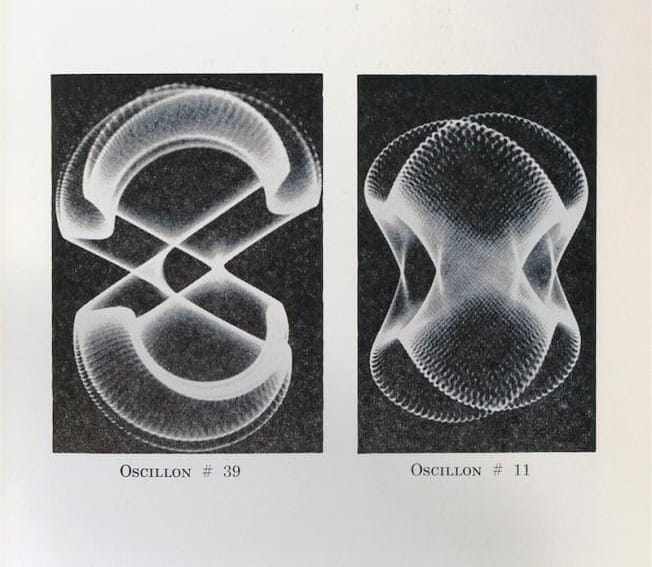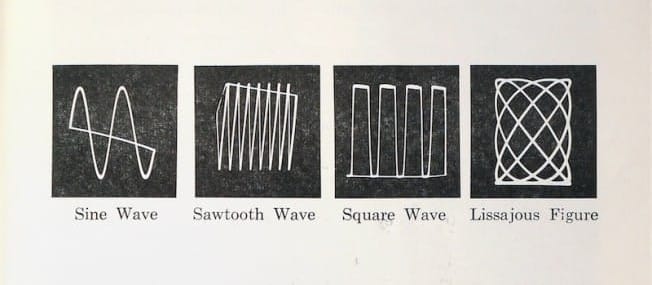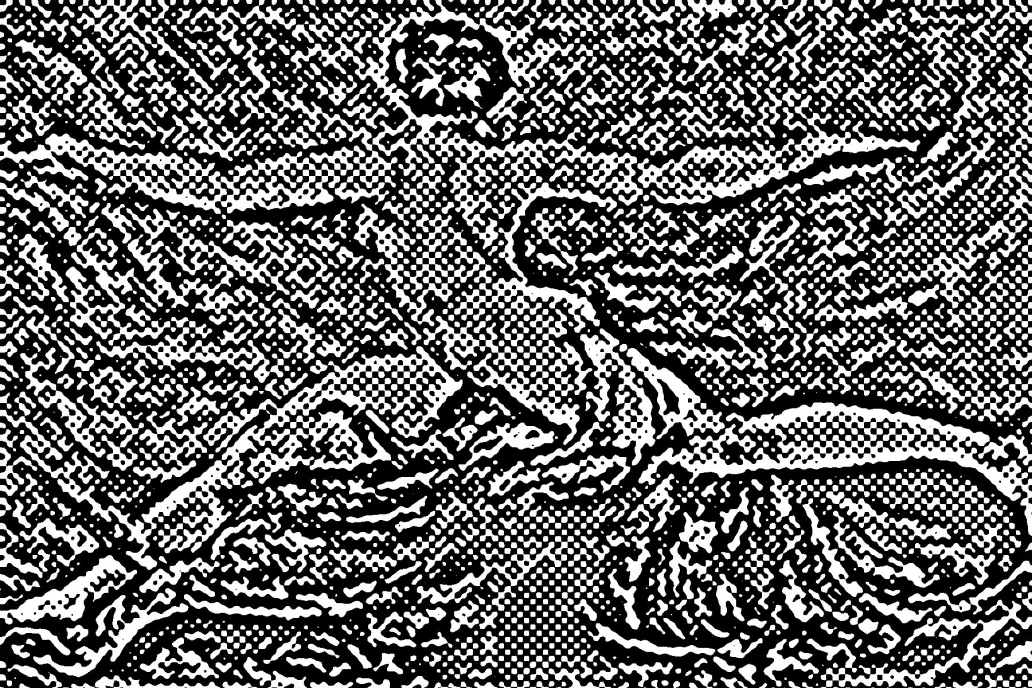The great literary theorist Marshall McLuhan argued that media technologies exert structural effects on human cognition. Changes in the dominant medium have a greater effect than the content of any given message. Famously, the medium is the message, he wrote.
But he passed away in 1980, four years before the Apple Macintosh and 12 years before AOL went public.
McLuhan expected the computer to bring extremely granular customization and automation of data flows. In a Playboy interview from 1969, McLuhan said computers might one day "conduct carefully orchestrated programming of the sensory life of whole populations."

Perhaps one could squint at the contemporary social media system and say McLuhan was not far off. In a way, the sensory life of whole populations is carefully orchestrated today. But his hypothetical examples are strikingly unfamiliar: One country might reduce TV hours to encourage newspaper reading during an election, while another country might increase TV hours to dampen a flare-up of tribalism.
McLuhan thought we'd use computers to program an entirely "new society," by directing "a network of global thermostats to pattern life in ways that will optimize human awareness."
It's here that the gap between McLuhan's expectations and our own reality is instructive. Granular control of data processing through different mediums for optimal human flourishing? What happened to that?
There are two key reasons why McLuhan's expectations have not yet come to pass.

First, we traded control for power in the short term. If computers ran on simple, transparent systems, then it's conceivable that individuals and communities today would be programming their data flows in highly customized ways. But it would have taken a lot of time for end users to develop such proficiency, so Western consumers gave control to large corporations in return for immediately useful computing systems. We got fast and hyper-convenient social networking, but only through homogenous, opaque platforms optimized for the basest drives of the average person.
Second, computing became overdetermined by social signaling mechanics. Most of what's downloaded is porn, but most of what's uploaded is optimized to impress friends and peers. When talk is cheap and it's easy to project an idealized version of oneself—in a context where online posting is never ultimately reconciled against objective reality—cybernetic flourishing becomes a niche, abstract, and distant dream of nerds. Especially in a culture where social networking "apps" appear to be the alpha and omega of personal computing itself.
So will McLuhan's vision of the computer ever come to pass?
We think it still may. If our diagnosis is correct, then the path is clear: First return control of computers to their end users, and then reengineer networking incentives away from zero-sum signaling games toward positive-sum truth games.
As McLuhan understood, every dominant medium creates a "collective unconscious" that finds expression in the next dominant medium. In a subsequent post, we'll take a closer look at the collective unconscious of the present age, to make some educated guesses about what comes next.
